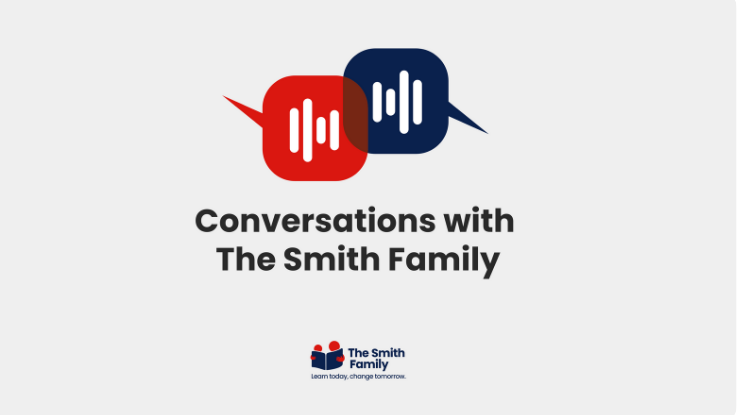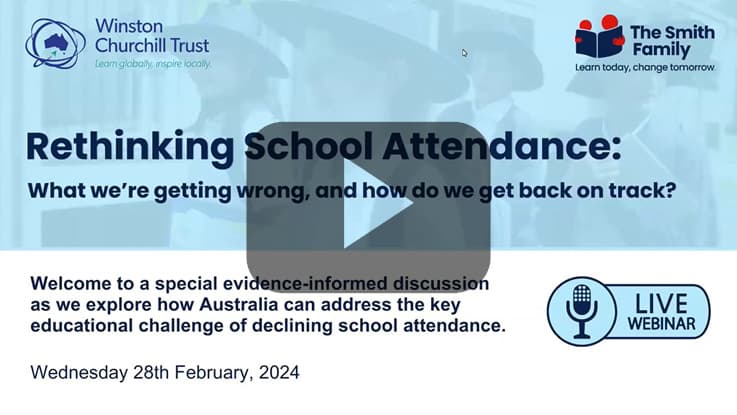
Dont forget young people at the Jobs Summit

Doug Taylor
Chief Executive Officer at The Smith Family
Leaders from across the Australian community are preparing for this week’s Jobs Summit in Canberra. It’s a great opportunity to discuss employment, skills shortages, boosting wages and making sure the Australian economy is fit to meet the demands of a changing world.
In the lead up to the Summit we’ve heard from many who have been outlining their positions and the solutions they think need to be implemented. But there hasn’t been much talk about the impact of the current and importantly future job situation on young people.
The current low overall employment rate masks the long-standing challenge of youth unemployment which currently sits at 7%, double the overall national average. And youth underemployment is running at 15%. These figures will be even higher among young people who experience disadvantage.
It's tempting to explain away higher levels of youth unemployment as a life stage for young people and all part of them growing up, but we can and must do better than that. As I talk with the young people we support at The Smith Family, it’s clear to me that they have made a number sacrifices during the pandemic to ensure the safety of the wider community. We now owe it to them to prioritise their needs and ensure they have the right support for their future.
Failure to take action now will be very costly for both young people and for the Australian economy. Get the support right, and not only does a world of opportunity open up for these students, the economy will benefit, as well. We all win.
Research by the Mitchell Institute shows a conservative lifetime cost to the community for each person who does not complete Year 12 or equivalent by age 19 of $1 million (at the 2014 net present value). It also shows a conservative lifetime cost for each person who at age 24 is not engaged full-time in work, study or training of $1.5 million.
These quantify the tangible costs to the community but the intangible impacts of joblessness for young people are as important; a loss of purpose, reduced connection to others and a limited ability to make a contribution to something beyond yourself.
Key to supporting young people into employment is what they’re exposed to while they are in school. Young people who participate in multiple encounters with the world of work (e.g., career talks, workplace and VET visits, Job Fairs, work experience) while in school, are much more likely to be in employment, education or training in their 20s.
The quality of careers support in schools remains inconsistent and challenging to deliver for schools serving large populations of young people experiencing disadvantage. This support has also been deeply impacted by COVID.
As the saying goes, “you can’t be what you can’t see”. So, let’s focus on careers education and provide students experiencing disadvantage with information and access to mentors across a range of industries and workplaces. This will expose these young people to opportunities and ideas they may never have considered.
I have worked in the Not-For-Profit sector for over 25 years and the resilience I’ve witnessed from young people faced with adversity has been nothing short of inspiring. They are no different to anyone else and given the right support and opportunities they will thrive.
Let’s get serious about providing careers education for all young people and help guide them through those transitions from school into further education, training or the workforce. It can be done, and it’s more costly not to act.
But this is work for everyone. All governments, industry, unions, education providers and the community – all have play a part. So, let’s make sure that young people’s challenges are considered both at the Summit and in the important work that will follow.







